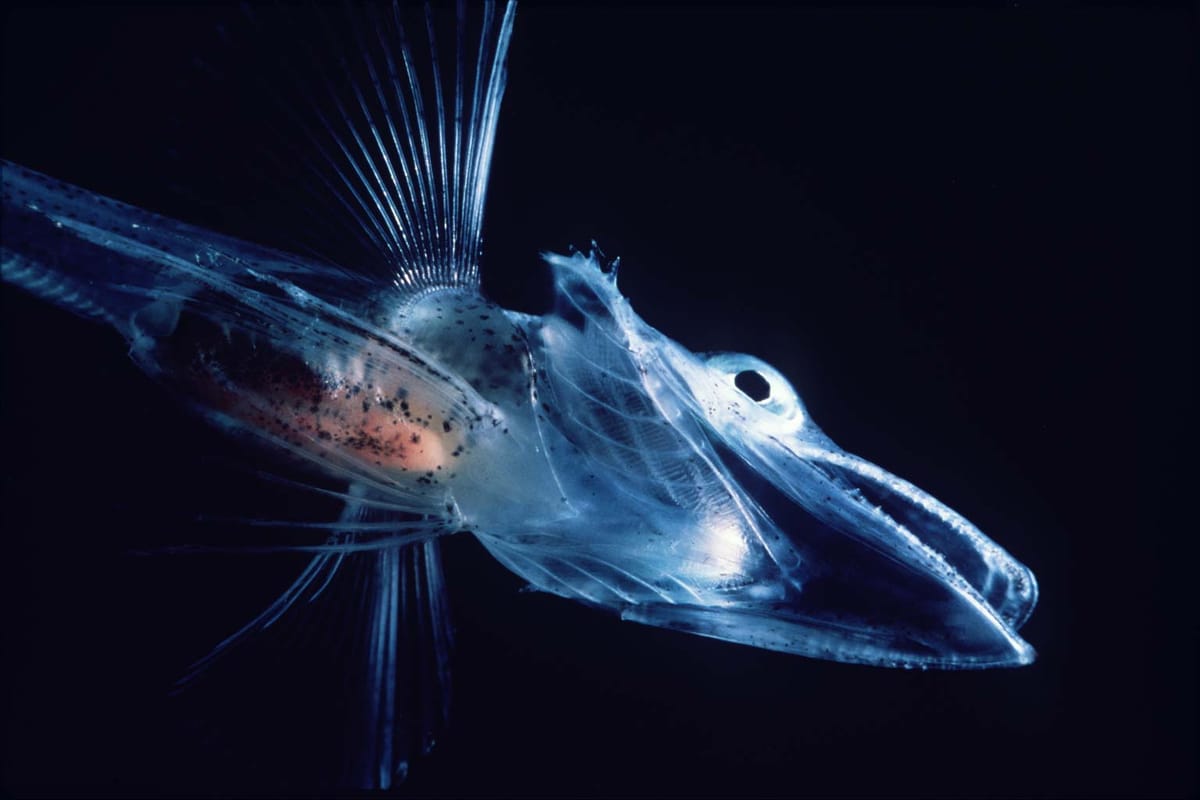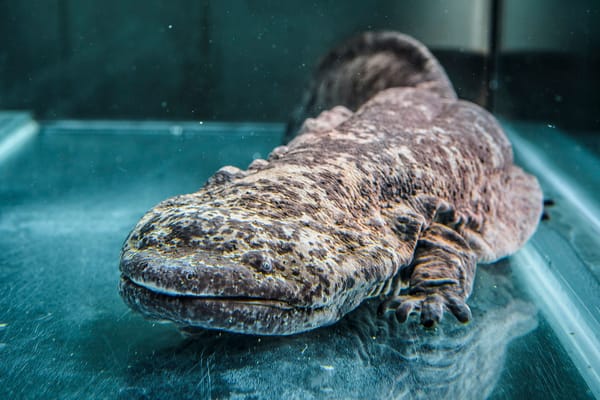How to live without red blood cells
Staff Writer Wang Guo on the curious physiology of icefish

All vertebrates need red blood cells to live - except the icefish, which lacks these cells as well as haemoglobin. Living on the floor of the cold oceans surrounding Antarctica, the icefish accounts for 90% of the fish biomass of its habitat. Though the water’s freezing point is lower due to the presence of salts within, the water temperature still has a harsh range of 1.5ºC in the summer to -1.8ºC during the winter. Surprisingly, however, the icefish’s lack of red blood cells and the harsh conditions of its environment are a perfect match.
The absence of red blood cells greatly reduces the icefish’s capability to transport oxygen throughout its body, causing it to carry around 47% less oxygen in its blood than other fish. This would be a massive disadvantage if we did not take into account the type of environments the icefish lives in. In such low temperatures, blood tends to solidify and become thicker and harder for the heart to pump, thus being counterproductive for survival. Though deleterious at first glance, the loss of red blood cells turns out to be advantageous for the icefish in its environment.
Oxygen also dissolves better in colder water because the kinetic energy of water molecules is lower, causing them to bind more tightly and trap oxygen better. This leads to oxygen concentration being higher in oceans around Antarctica than in temperate oceans, allowing the icefish to partially compensate for its lack of red blood cells. In addition, the icefish has bigger gills as well as thick scaleless skin that can facilitate the direct exchange of gases between its body and the surrounding environment.
The icefish's lack of red blood cells and its harsh environment are a perfect match
The icefish can also compensate for decreased oxygen delivery with a more powerful and efficient circulatory system. The icefish has larger hearts and blood vessels than fish from temperate waters, so it can transport more blood and thus more oxygen. Additionally, a significant portion of the icefish’s energy is spent powering its circulatory system—22% to be exact. In comparison, fish from temperate waters and humans spend only around 5%.
Normally, if a vertebrate animal is frozen, it can hardly return to life because the ice crystals formed during frostbite are sharp and will break cellular structures. However, the icefish has antifreeze proteins that prevent the formation of ice crystals in their bodies. These special proteins bind to forming ice crystals, inhibiting the further binding of water molecules to these crystals and stopping their growth. Antifreeze proteins decrease the freezing point of the icefish’s body fluids to -2.5ºC. This is 0.5ºC below the freezing point of seawater, a small temperature difference which in harsh situations separates life and death. Though the antifreeze system of the icefish is not perfect and the icefish still has some tiny ice crystals in its body, it surprisingly can continue living despite that. Scientists are researching this incredible phenomenon as it breaks the assumption that vertebrates cannot survive with ice crystals in their bodies. Finding out the mechanisms behind this occurrence might also have huge implications for the development of better cryopreservation techniques.
Why would the icefish like to live in such extreme environments where most other fish would simply perish? Due to the absence of competition, the waters are richer in plankton and krill, which the icefish feed on. In addition, the icefish lacks many predators simply by living in such environments where their potential predators cannot. This allows the icefish to focus most of its energy towards adapting to the environment rather than competing with other living beings.
As red blood cells increase the amount of oxygen transported, they are evolutionarily advantageous in almost all vertebrates, except the icefish because adaptations are context dependent. The icefish is a marvellous example of the idea that there is no such thing as a universal statement in nature.







